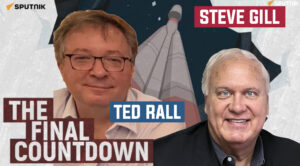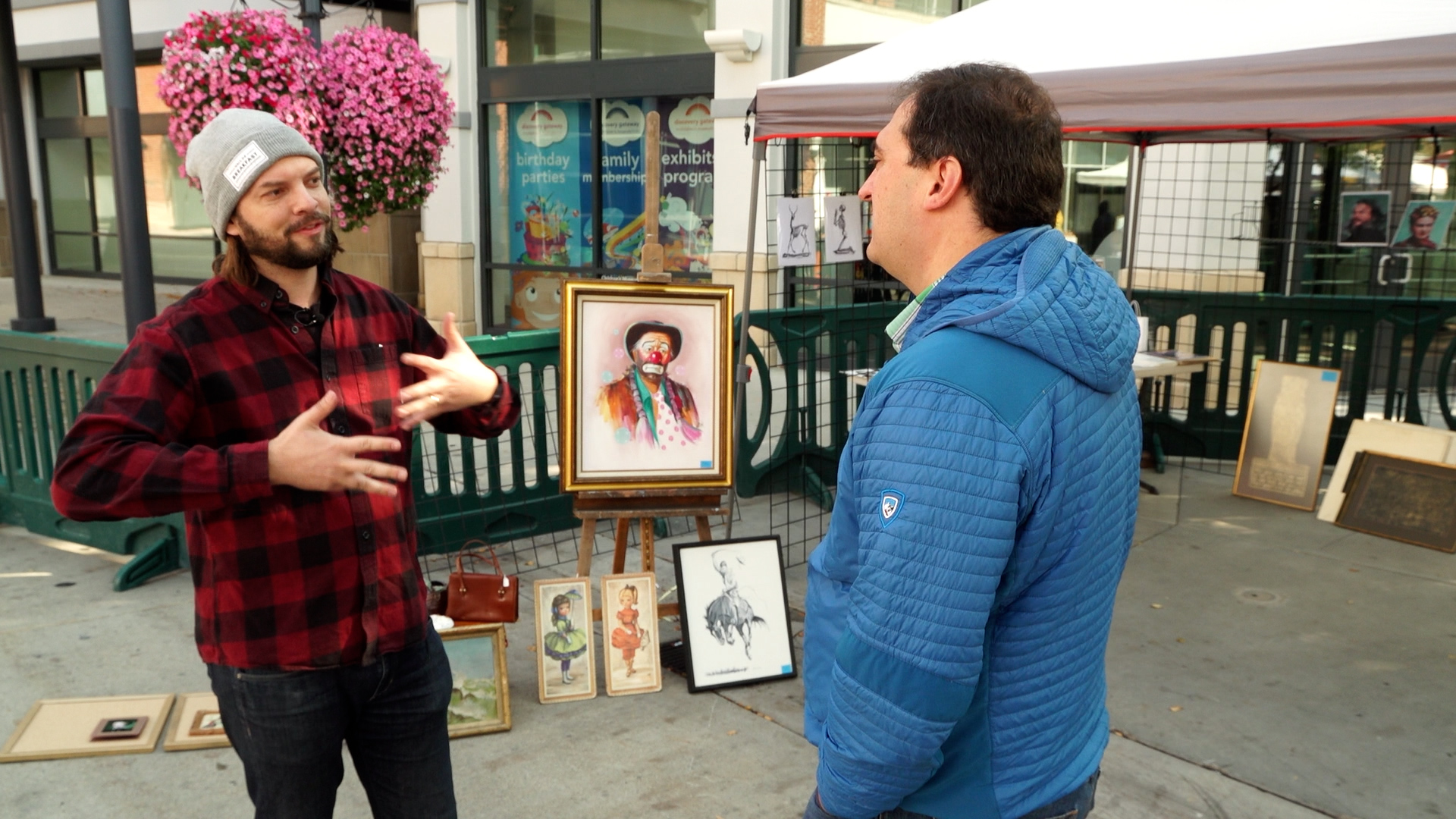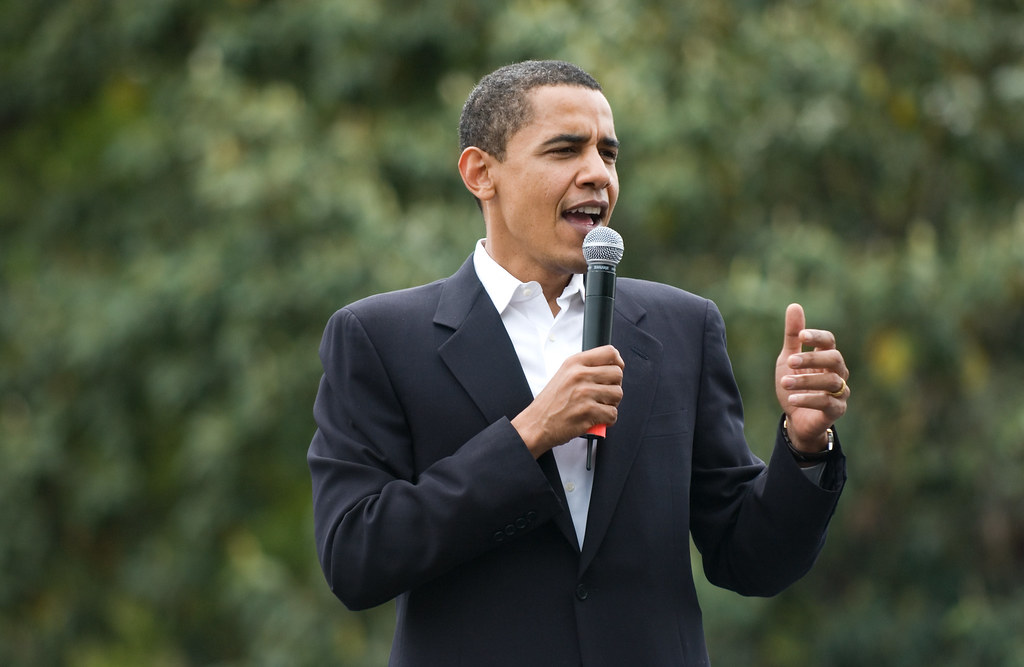 On this episode of The Final Countdown hosts Ted Rall and Steve Gill discuss the latest developments from around the globe, including the latest out of the DNC.
On this episode of The Final Countdown hosts Ted Rall and Steve Gill discuss the latest developments from around the globe, including the latest out of the DNC. The Final Countdown – 8/20/24 – Biden Speech Underwhelms as DNC is Briefly Disrupted by Gaza Protestors
 On this episode of The Final Countdown hosts Ted Rall and Steve Gill discuss the latest developments from around the globe, including the latest out of the DNC.
On this episode of The Final Countdown hosts Ted Rall and Steve Gill discuss the latest developments from around the globe, including the latest out of the DNC. 
 Anyone who has experience haggling at a flea market has intuited the basics of negotiating. If a seller offers the item you want at a fire-sale price that you’re unlikely to find elsewhere, smile, pay the asking price and walk away before they change their mind. If the requested price is many times higher than you’re willing to pay, just walk away. Stratospheric pricing pretty much eliminates the odds that you’ll be able to come to terms. Your time is better spend haggling with a different vendor. In other cases, offer a low-ball rate and work toward middle ground.
Anyone who has experience haggling at a flea market has intuited the basics of negotiating. If a seller offers the item you want at a fire-sale price that you’re unlikely to find elsewhere, smile, pay the asking price and walk away before they change their mind. If the requested price is many times higher than you’re willing to pay, just walk away. Stratospheric pricing pretty much eliminates the odds that you’ll be able to come to terms. Your time is better spend haggling with a different vendor. In other cases, offer a low-ball rate and work toward middle ground. Barack Obama’s 2008 run, a classic identity play, emphasized the history-making potential of electing the nation’s first Black president. No one knew or cared much about Obama’s policy positions, and he didn’t bother to share them. Bernie Sanders’ 2016 and 2020 bids were policy arguments focused around a succinct
Barack Obama’s 2008 run, a classic identity play, emphasized the history-making potential of electing the nation’s first Black president. No one knew or cared much about Obama’s policy positions, and he didn’t bother to share them. Bernie Sanders’ 2016 and 2020 bids were policy arguments focused around a succinct